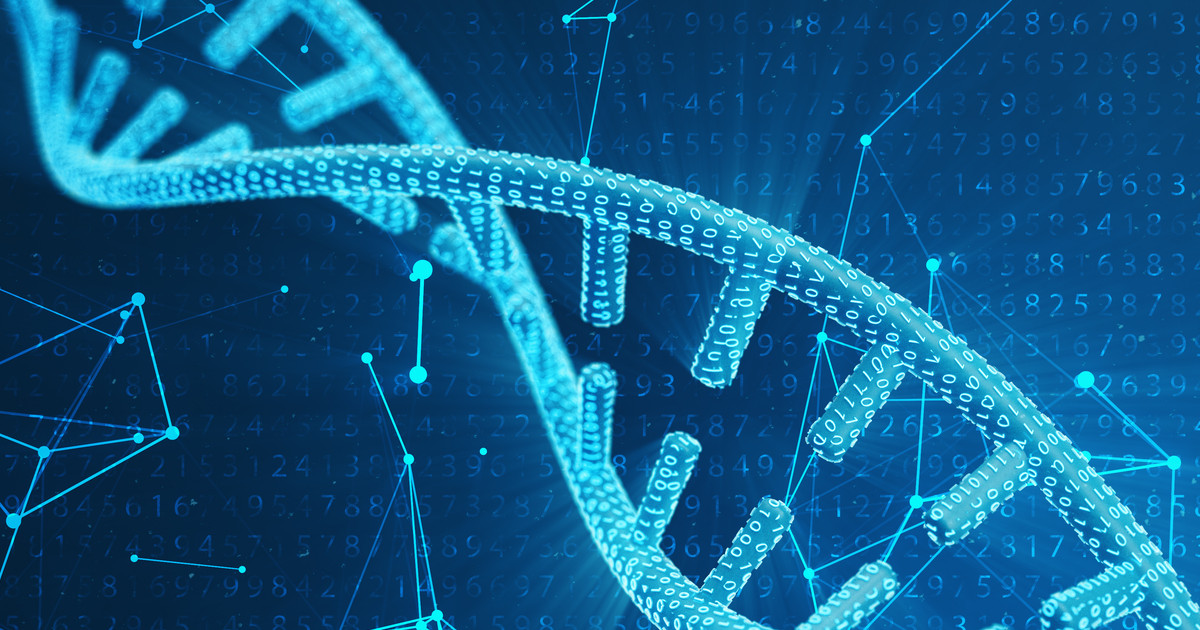How To Treat And Diagnose Diamond-Blackfan Anemia
Genetic Testing

Most individuals who inherit Diamond-Blackfan anemia present one copy of an altered gene in each cell. Mutations in the genes are commonly responsible for causing the disease. Most mutations in RPS19, RPL5, RPS10, RPL11, RPL35A, RPS7, RPS17, RPS24, RPS26, and GATA1 genes are not limited to them. Regardless of the type of mutation that a patient has, making a diagnosis for a genetic or rare disease such as this one can often be challenging. Healthcare professionals will look at the patient's medical history, symptoms, physical exams, and laboratory test results first. They will likely suggest a genetic test to diagnose the condition.
Keep on reading about the possible treatments for Diamond-Blackfan anemia now.